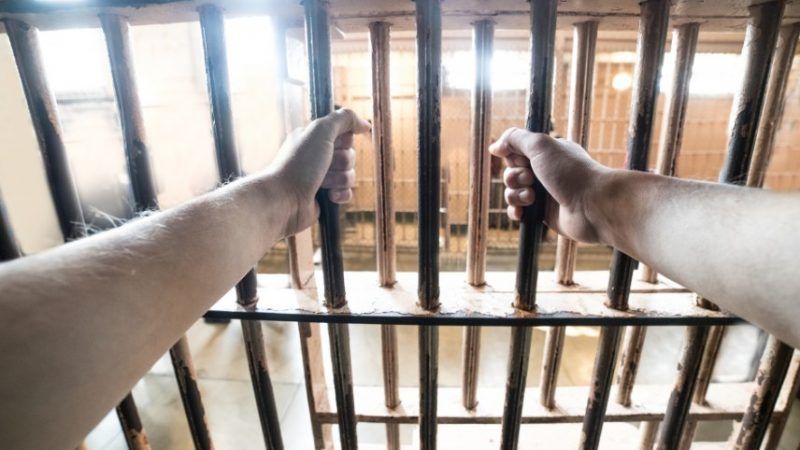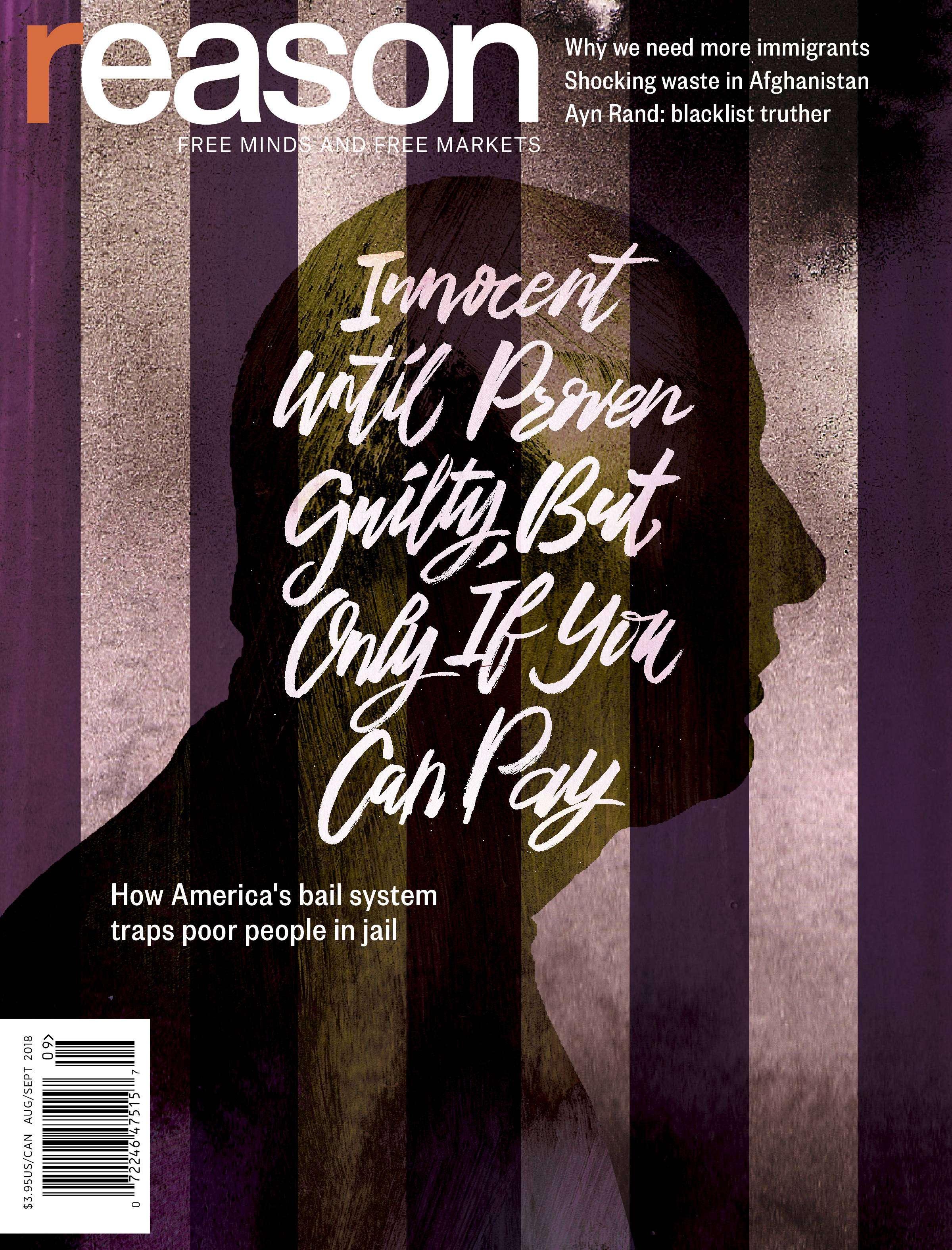Virginia's Attorney General Wants To Stop Jailing People Just Because They Can't Afford Bail
The number of people being detained prior to trial has tripled over the course of three decades.


Virginia's attorney general is looking to join the movement to reform the cash bail system in order to cease stockpiling poor people behind bars before their cases go to court.
Democratic Attorney General Mark Herring announced this week that he's calling for reforms to Virginia's pretrial systems. Herring wants to keep people who are dangerous, or flight risks, behind bars; but he thinks courts should stop using money to determine who gets to go free before trial.
The Virginia State Crime Commission is studying the state's pretrial processes this year and will be presenting its report on Nov. 8. Herring sent the commission a letter encouraging it to take a closer look at how Virginia judges set bail for defendants. He notes that "[t]he widespread practice of detaining low-risk indigent defendants before trial has become very concerning, even raising potential constitutional concerns, and pretrial detention may have become the norm rather than the last resort in too many cases involving nonviolent, low-risk offenders."
The stats show Virginia's pretrial population has ballooned from 3,000 to 9,000 over the course of three decades, and nearly half the people in Virginia's jails are there awaiting trial, not serving criminal sentences. Not all of those people there because they pose a risk to the community; many folks are stuck entirely because they don't have the money to cover their bail. Using money as a criterion for freedom keeps people from working, and data shows they're likely to receive harsher sentences, or accept unpleasant plea agreements, because it's difficult to negotiate from behind bars.
Virginia was, interestingly enough, a state that pioneered pretrial assessment systems more than a decade ago. The state wanted to determine a defendant's risk level as objectively as possible. But Herring notes in his letter that the judges determining conditions of pretrial release received very little information from pretrial services, and made their decisions with neither prosecutors nor defense attorneys present. Without debate, discussion, or adequate information, magistrates often end up resorting to cash bail without considering alternatives.
Herring is not calling for a complete elimination of cash bail, as is the case in California; nor is he advocating for the severely curtailed versions cash bail we're seeing in places like New Jersey and Alaska. But he has made several recommendations and asked the commission to consider certain principles to guide any pretrial reforms in Virginia. Specifically, he is calling for the commission to consider establishing that judges should operate on the presumption that defendants should be released under the least-restrictive conditions necessary to make sure the defendant shows up for court and doesn't cause trouble while free.
That type of presumption can be necessary to keep bail reform from backfiring and causing the opposite of what's intended. In New Jersey, judges operate with a similar presumption: the defendant goes free unless prosecutors can make a compelling and individualized case that a defendant should be detained prior to trial. What's more, defendants have their lawyers there to represent them during pretiral release negotiations.
Without the presumption of release and additional guidance or information, eliminating bail can potentially result in judges simply detaining defendants with no possibility of pretrial release at all, regardless of income level. We have seen this problem playing out in Baltimore, which Herring specifically mentions in his letter. Judges in Maryland were told to consider the ability of defendants to actually afford bail before they offered it. But they weren't operating on the presumption of release and, as a result, they ended up ordering defendants detained without any bail at all. In Baltimore, this resulted in more people being detained than under cash bail.
The bail reform law California just passed requires pretrial assessments and evaluations and the complete elimination of cash bail. The goal is to get more people out of jail before their trial. Unlike New Jersey, however, California's new law doesn't establish a presumption of release. Civil rights and criminal justice reform advocates are very worried that Golden State's new system will result in more being people detained before trial.
That Herring recognizes this potential pitfall is good news for reform advocates in Virginia. They may want him to go all the way and call for abolishing cash bail, but it's important that, before blaming the problem on the bail industry, the state examines its own role in keeping people behind bars before they've been convicted.
For more on the bail reform movement and its challenges, check out Reason's cover story from August/September.


Show Comments (14)